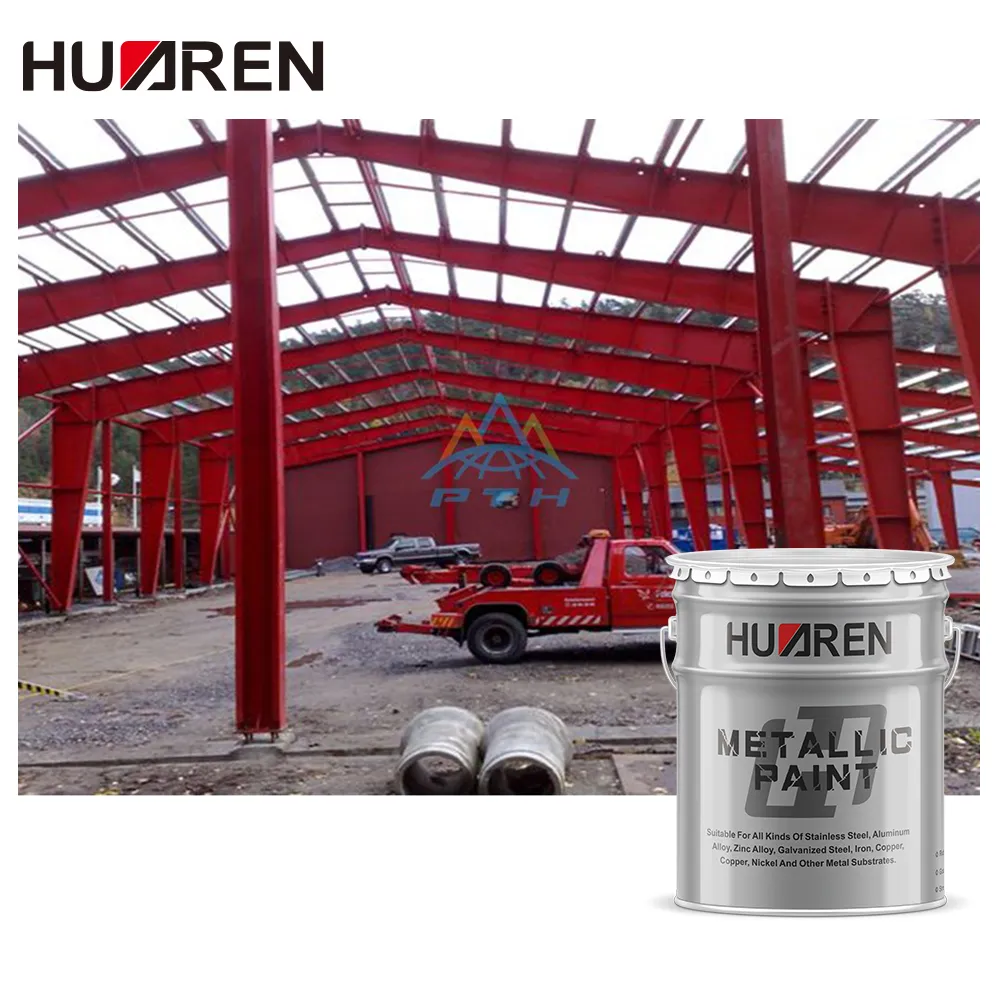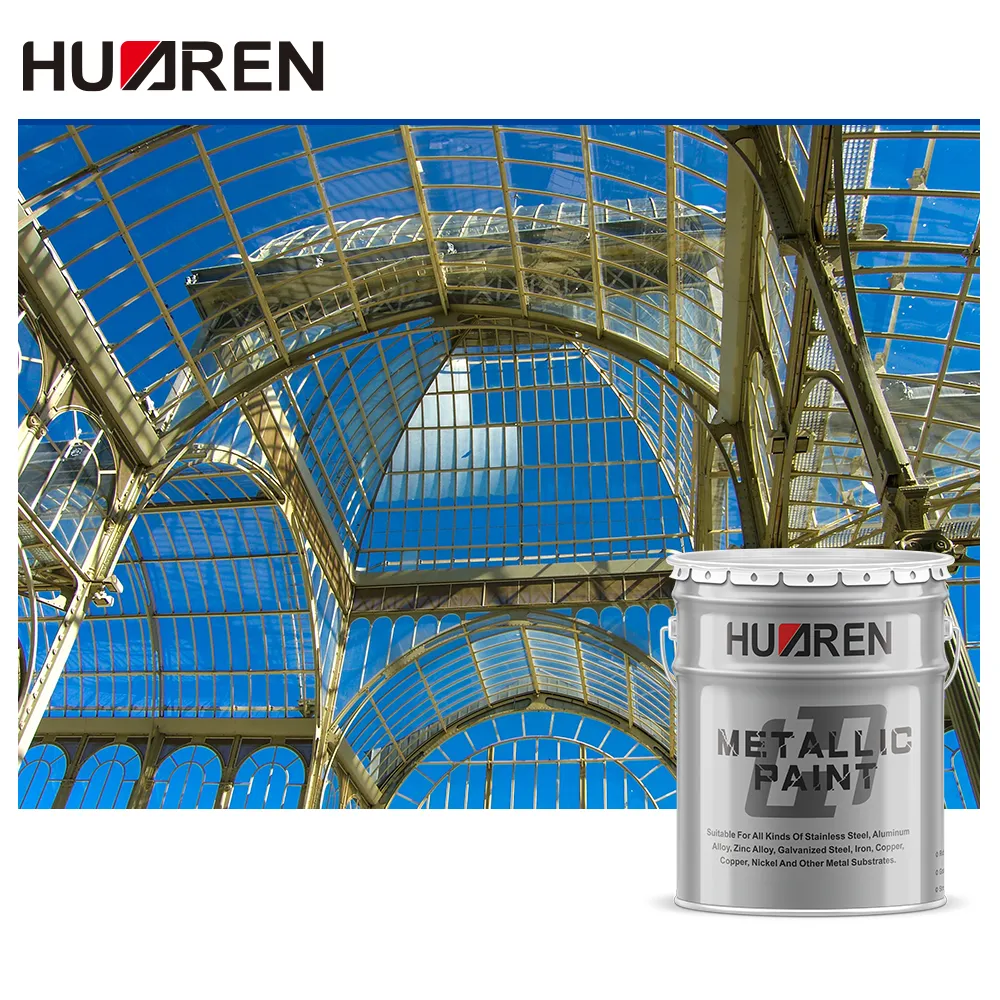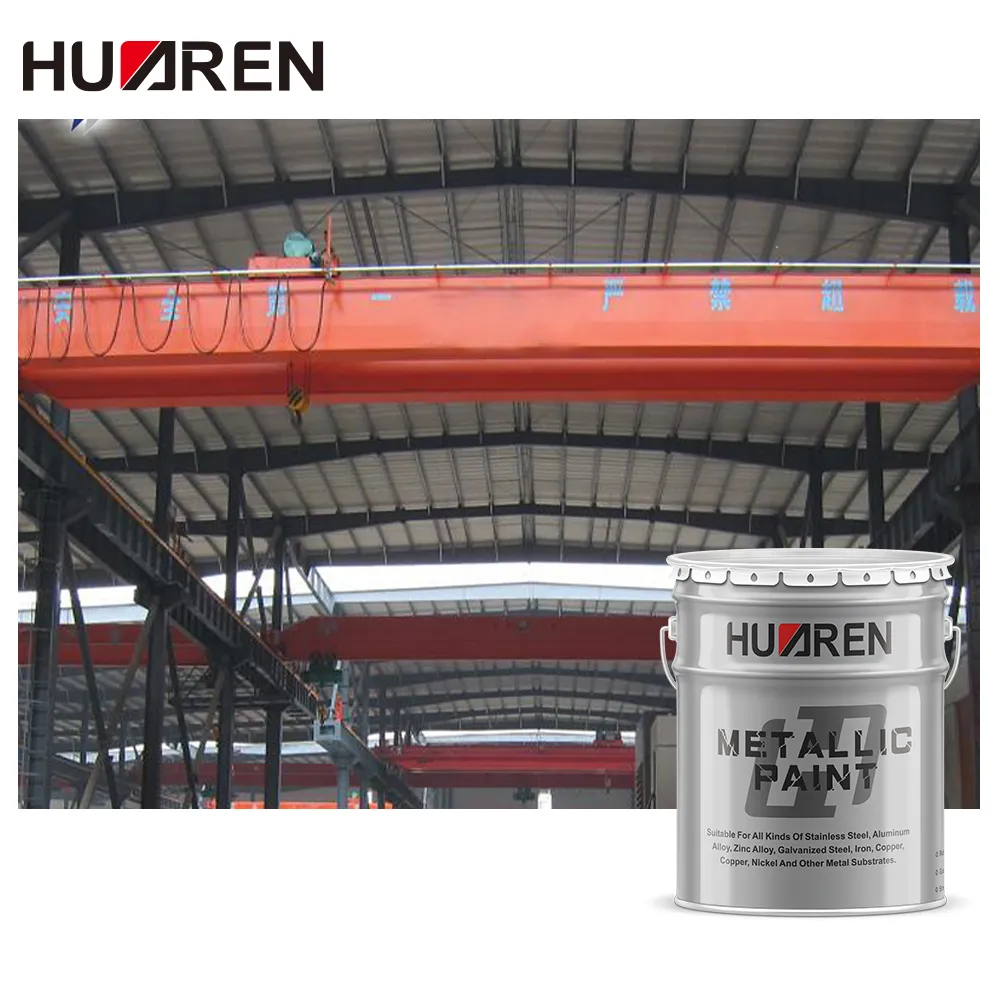The choice of primer is crucial in the process of metal surface treatment and painting. Primer is not only the basis of the final coating, but also directly affects the adhesion, durability and anti-corrosion performance of the coating. Among the many primers available, epoxy primer and metal etching primer are widely used in the treatment of various metal surfaces due to their unique performance characteristics. So, between these two primers, which one is more suitable for your needs?
This article will help you to deeply understand the advantages and disadvantages of epoxy primer and metal etching primer through detailed comparison, so as to make a more informed choice.

Epoxy Primer: The Strong One in Durability and Anti-Corrosion Performance
Excellent Durability
Epoxy primer is known for its excellent durability. Epoxy resin is the main component of epoxy primer, which has extremely high mechanical strength and chemical stability. This primer can effectively resist various forms of mechanical damage, such as wear, impact, scratches, etc. Therefore, epoxy primer is particularly suitable for use in harsh environments, such as industrial plants, warehouses, bridges and other steel structures that are exposed to the external environment for a long time.
Anti-corrosion performance
Another significant advantage of epoxy primer is its excellent anti-corrosion performance. Due to its dense molecular structure, epoxy primer can form a solid barrier to effectively block the intrusion of moisture, oxygen and other corrosive media, thereby delaying the oxidation and corrosion of metals. This feature makes it widely used in marine engineering, chemical facilities and other highly corrosive environments.
Adhesion
Epoxy primer has extremely strong adhesion to a variety of metal substrates. Whether it is steel, aluminum or other non-ferrous metals, epoxy primer can firmly adhere to its surface, providing a good foundation for subsequent coatings. This strong adhesion not only improves the overall stability of the coating, but also reduces the risk of coating peeling or cracking.
Chemical corrosion resistance
Epoxy primer also has excellent chemical corrosion resistance and can resist the erosion of chemicals such as acids, alkalis, and solvents. This makes epoxy primer an ideal choice for metal protection in environments such as chemical plants and refineries.
Wide application
Due to its excellent comprehensive performance, epoxy primer is widely used in various industrial and commercial projects. Whether it is used for bridges, ships, oil tanks, pipelines, or for the protection of concrete structures, epoxy primers can provide excellent protection.

Metal Etching Primer: Expert in Adhesion and Surface Treatment
Excellent Adhesion
Metal etching primer, as the name suggests, its main function is to enhance the adhesion between the coating and the metal substrate through etching. Metal etching primer contains acidic components, which can slightly dissolve the metal surface and form a fine surface roughness. This surface treatment greatly improves the adhesion of the coating, especially for metal materials with poor adhesion such as aluminum and magnesium.
Wide Range of Applications
Although metal etching primer is mainly used to improve adhesion, it also performs well in some other application scenarios. For example, in the aerospace and automotive industries, lightweight metals such as aluminum and magnesium are widely used, and the surface treatment of these metals usually requires the use of metal etching primer to ensure the adhesion and durability of subsequent coatings.
Easy Application
Compared with epoxy primers, metal etching primers are relatively easy to apply. Due to its self-etching properties, it can be directly applied to the metal surface without excessive surface pretreatment. This not only saves construction time, but also reduces construction costs.
Poor durability
However, the durability of metal etching primer is relatively poor. Since its main function is to enhance adhesion rather than provide long-term corrosion protection, metal etching primers often require more frequent maintenance and re-coating in some application scenarios that require long-term exposure to harsh environments to ensure the protective effect of the metal surface.
Limited anti-corrosion performance
Although metal etching primers can provide corrosion protection to a certain extent, their protective ability is obviously insufficient compared to epoxy primers. In humid, salt spray or chemically corrosive environments, the anti-corrosion effect of metal etching primers may not meet the needs of long-term protection.
Epoxy Primer VS. Metal Etching Primer: Which is better?
In order to more intuitively show the difference between the two, the following will compare epoxy primers and metal etching primers in detail from multiple angles.
Adhesion
● Epoxy primer: It has good adhesion to metals such as steel and aluminum, especially suitable for metal substrates with properly treated surfaces.
● Metal etching primer: Through the etching effect of acidic components, the adhesion between the coating and the metal surface is significantly improved, especially suitable for lightweight metals with poor adhesion.
Anti-corrosion performance
● Epoxy primer: Provides excellent anti-corrosion performance, suitable for metal protection in highly corrosive environments, and can effectively resist the erosion of moisture, oxygen and chemicals.
● Metal etching primer: The anti-corrosion performance is limited and is mainly used to improve adhesion rather than long-term protection.
Durability
● Epoxy primer: It is extremely durable and can resist mechanical damage and chemical corrosion for a long time, reducing maintenance frequency and cost.
● Metal etching primer: Poor durability may require more frequent maintenance and re-coating.
Construction requirements
● Epoxy primer: It has high requirements for the construction environment and surface treatment, and must be carried out in strict accordance with the construction specifications to ensure the protection effect.
● Metal etching primer: The construction is relatively simple, without excessive surface pretreatment, and is suitable for fast construction.
Application scenarios
● Epoxy primer: widely used in industrial facilities such as bridges, ships, oil tanks, pipelines, and metal protection in highly corrosive environments.
● Metal etching primer: mainly used for lightweight metal surface treatment in the aerospace and automotive industries to improve coating adhesion.

Which primer is better?
● Scenarios that prioritize anti-corrosion performance: If your application scenario has extremely high requirements for anti-corrosion performance and is exposed to highly corrosive environments for a long time, such as marine engineering, industrial plants, bridges, etc., then epoxy primer is undoubtedly a better choice. It can provide long-term protection, reduce maintenance frequency, and extend the service life of the facility.
● Scenarios that prioritize adhesion: If your application scenario uses metal materials with poor adhesion, such as aluminum, magnesium, etc., and the adhesion of the coating is the primary consideration, then metal etching primer is more suitable. It can enhance the adhesion of the coating through etching and ensure the stability and durability of the subsequent coating.
● Scenarios that comprehensively consider multiple factors: In some application scenarios that require both anti-corrosion performance and adhesion, you can consider using the two primers in combination. For example, a metal etch primer can be applied first to improve adhesion and then an epoxy primer can be applied to provide long-term corrosion protection. This combination can fully utilize the advantages of both primers to provide the best protection.

